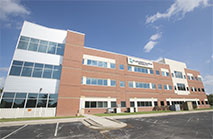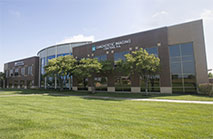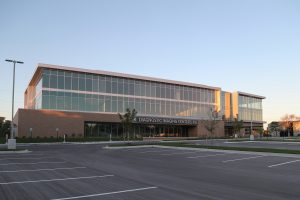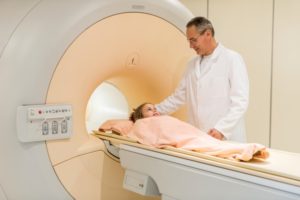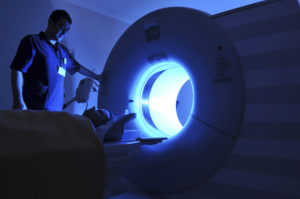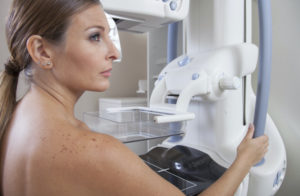Nurse Carole Dickens: “The plan is to save lives.”
 Sometimes the statistics and facts related to breast cancer can be numbing and overwhelming. As reported in the New York Times yesterday and previously discussed in our blog, there is a breast cancer disparity related to race with African American women facing a higher risk of death from breast cancer.
Sometimes the statistics and facts related to breast cancer can be numbing and overwhelming. As reported in the New York Times yesterday and previously discussed in our blog, there is a breast cancer disparity related to race with African American women facing a higher risk of death from breast cancer.
It can take a fresh set of eyes seeking answers to remind us that for every ugly breast cancer statistic, there are heroes out there putting up a fight for change.
Today we would like to share the words of a special guest blogger, here to remind us of the good in people and their capacity to bring change. She heard the disturbing fact – and set out to find those fighting to bring change.
When we were allowed to read Sasha’s award-winning school essay, we were blown away and knew we had to share. Sasha is a twelve-year-old middle school student who found a hero when asked to write an essay in honor of Black History Month. She is an impressive girl with a questioning mind and a special spirit. We are honored that she has allowed us to publish her work here on MammographyKC.
 Nurse Carole Dickens: “The plan is to save lives.”
Nurse Carole Dickens: “The plan is to save lives.”
By Sasha C.
My mother was diagnosed with breast cancer last year. She had her cancer surgically removed and had to do chemotherapy. It was a hard year for us but we all pulled through. When I was discussing my civil rights essay with my mom she told me that African American women are far more likely to die of breast cancer than Caucasian women. I was shocked. I set out to find someone fighting for the rights of black women facing this disease.
This was how we found Nurse Carole Dickens. She is working in the South to educate black women on breast cancer. It’s a hard fight for her. African American women are less likely to seek medical attention early like my mom did. So by the time they do, the cancer is advanced.
There are many reasons for this. Nurse Carol explained that African American women often put their families first and place their needs last. There is a lot of denial. Sometimes it’s a real fear of knowing the truth. There are also cultural and economic factors.
There is a case Nurse Carol feels influences a lot of African American women, because it makes them fear government programs: From 1932 to 1972, the US government conducted a study on syphilis in rural African American men. They thought they were getting free health care. They were never told they had syphilis or treated for it. And many died even though they could have been treated.
When I asked Nurse Carol how she is able to make a difference she said that it is “overwhelming.” But she manages to educate women on early detection, mammograms (a scan to test for breast cancer) and self-exams through her connections in the church (grassroots) and through her standing in the community. She believes that “Knowledge is power.”
Nurse Carole grew up in the South. Her parents never finished high school but they made sure she understood the value of education. Her mom said to her, “If you can read, write and do simple arithmetic, you can go anywhere in this world. I want you to go to school.” She studied nursing. She remembers it being very difficult. The work was hard and her instructors were all white and not encouraging of her. But she persisted and became a nurse, and has been for forty years.
In 2011, she read a proposal by a friend called “Navigating Underserved Women To Better Breast Health.” On her first page she wrote: “The plan is to save lives.” This became the focus of Nurse Carol’s fight and work. She knew she could make a difference.
She has been trying to educate, advise and get women to seek early treatment ever since.
Her words to me were: “I am truly living my dream and helping these ladies at the same time – isn’t that awesome.” I think it is amazing. And that is why, even though she is not a history book hero, she is mine.
Bibliography
Dickens, C. (2014, January 28) personal interview by email.
http://www.methodisthealth.org/ways-to-help/methodist-foundation/foundation-newsroom/healthcare-veteran-nurtures-seeds-of-change.dot “Healthcare Veteran Nurtures Seeds of Change.” – Methodist Le Bonheur Healthcare. N.p., n.d. Web. 17 Feb. 2014.
Originally published 3/5/14 on mammographykc.com.
